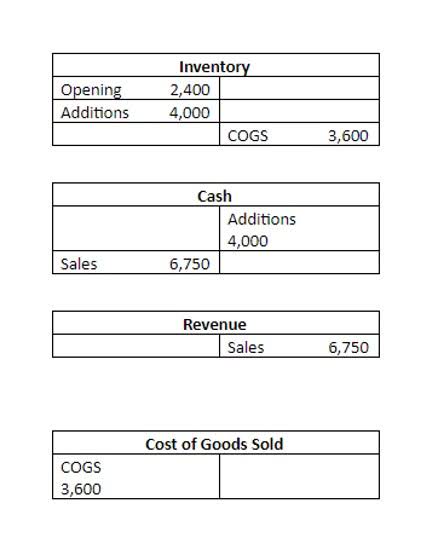
This includes all of the ways that you generate income, such as through performance fees, merchandise sales, and royalties. Once you know where your revenue is coming from, you can track your expenses to see where you are spending the most money. This will help you to track your income and expenses so that you can make adjustments as needed. A budget will also help you to save money so that you can invest in AI in Accounting your music career. Finally, you will want to review your financial statements on a regular basis.
- We recognise the fact that your marketing could be the difference between gloom and boom and while we have a small firm personality, we have big firm capabilities.
- The difference between The Music CPA and other professionals in the industry is we do not share in a percentage of your entertainment revenues.
- When she is not writing, Rajasini practices and teaches yoga, and designs drapes.
- After inquires from our musician customers needing an accountant, Growth Group expanded the services to include both bookkeeping and accounting services for music entrepreneurs.
- Be sure to keep track of all of your expenses so that you can deduct them on your taxes.
Our Favorite Bookkeeping Tools for Musicians

With ongoing bookkeeping work, it becomes easy to stay up to date with the latest IRS rules. State and federal income taxes are filed automatically with almost no work from you. This saves you time and money, enabling you to find the next great bookkeeping inspiration in your work. Advancement in this role comes through working with well-known artists or getting hired by a prestigious firm, which means higher wages and more famous clients.

INDUSTRY KNOW-HOW
- We’re music industry professionals with decades of experience and knowledge.
- We do more than ‘keep the score’ for our clients and when selecting the most appropriate accounting software for your business we always recommend you match your business needs with your level of accounting skill.
- With our expertise, you’ll maximise tax savings and keep more of your earnings.
- Tax & financial strategy for entrepreneurs looking to grow their businesses.
Monthly reports, accurate tax returns, and regular reports to keep you informed and in control of your financials. Music Business Accountants are paid per project, based on the complexity and time involved. If you’re just getting started and trying to make sense of your business finances, there are a few things you should know.

The Legal Side of Running a Business: Must-Have Resources for Musicians
Home Office Deduction If you have a dedicated space in your home that you use for your music business, you may be able to take a home office deduction. This deduction can be a significant amount, so be sure to speak with a tax professional to see if you qualify. Royalties If you earn royalties from the sale of your music, you will need to report this income on your taxes. Royalties are considered to be taxable income, so be sure to keep track of all of your royalties and report them on your tax return. Tax-Deductible Donations If you donate your time or music to a charitable organization, you may be able to deduct this on your taxes.

Our expert publishing team brings decades of music industry knowledge with seamless administration. We handle everything – from registering your catalogue globally via CWR to generating accurate songwriter statements and setlist reporting, so you don’t have to. I enjoy working closely with Artists, Festivals and other clients in the music industry across all aspects of their financial planning and accounts preparation. I particularly enjoy working with festivals and seeing how musician accountant they are run from a financial perspective. I’m looking forward to attending a couple through work this summer and seeing all the hard work pay off.

